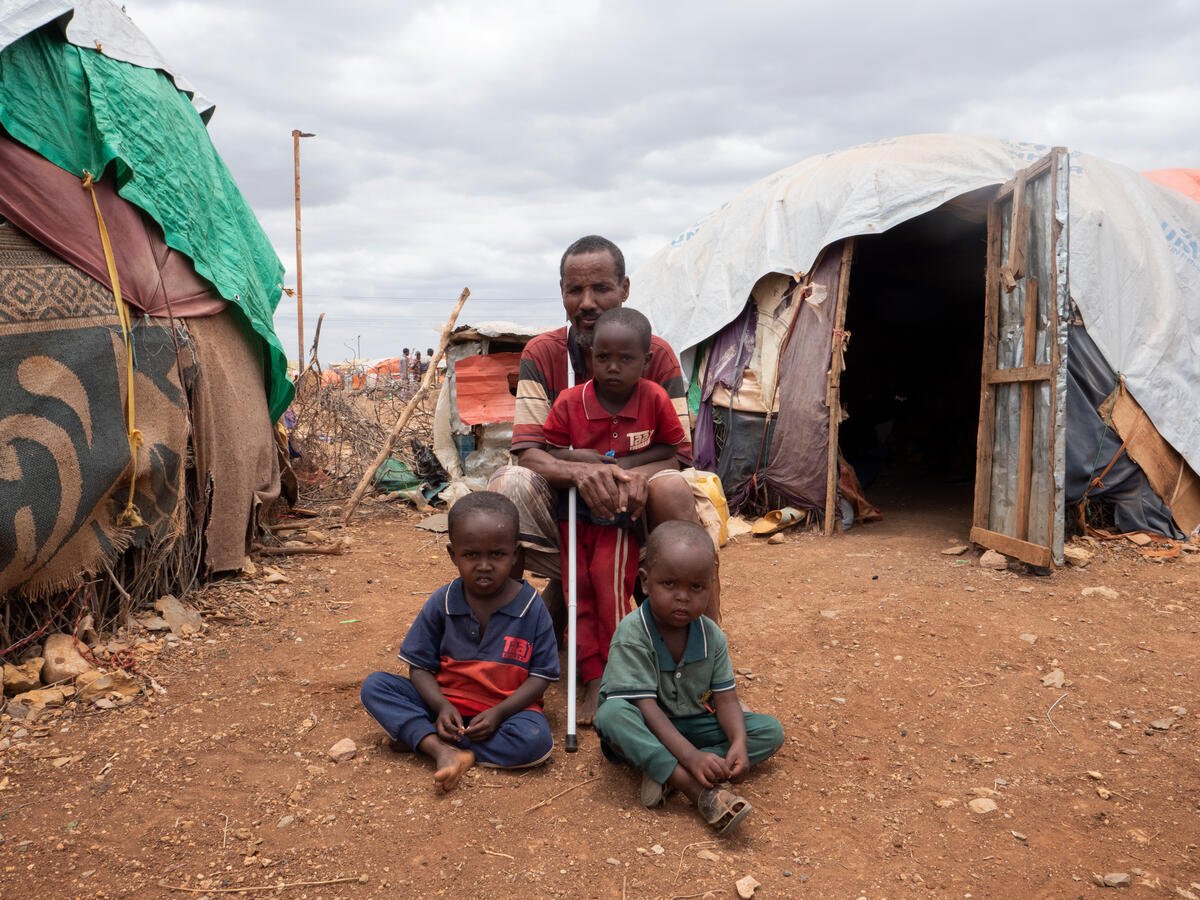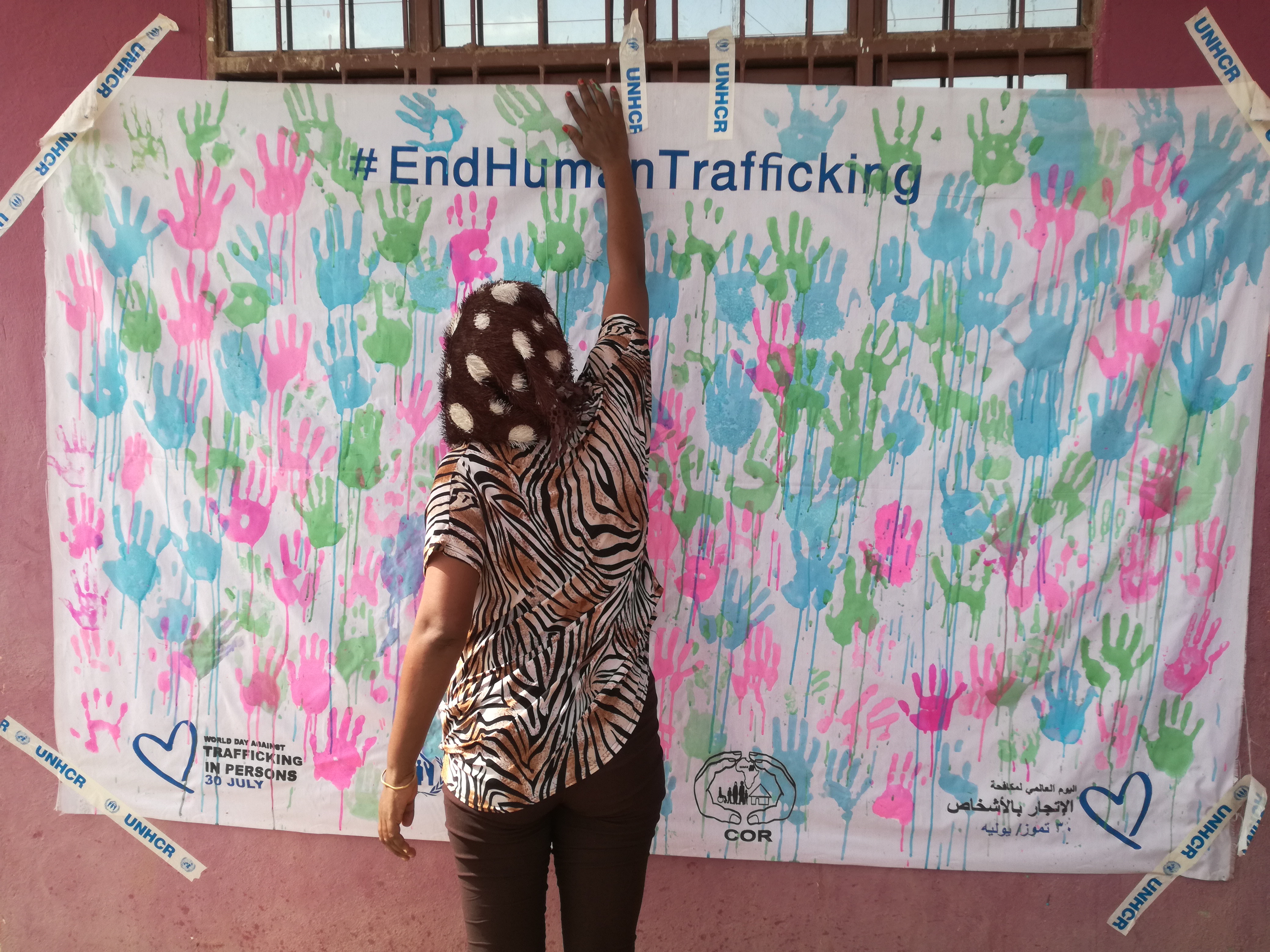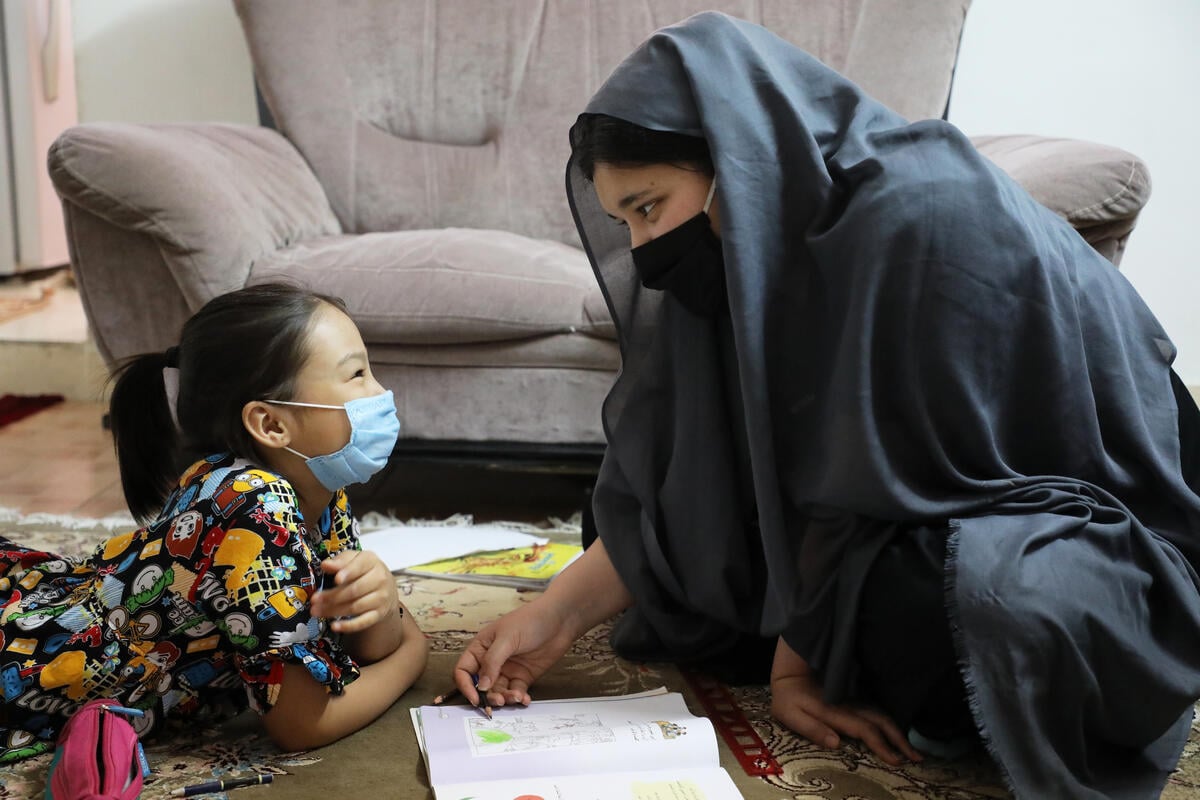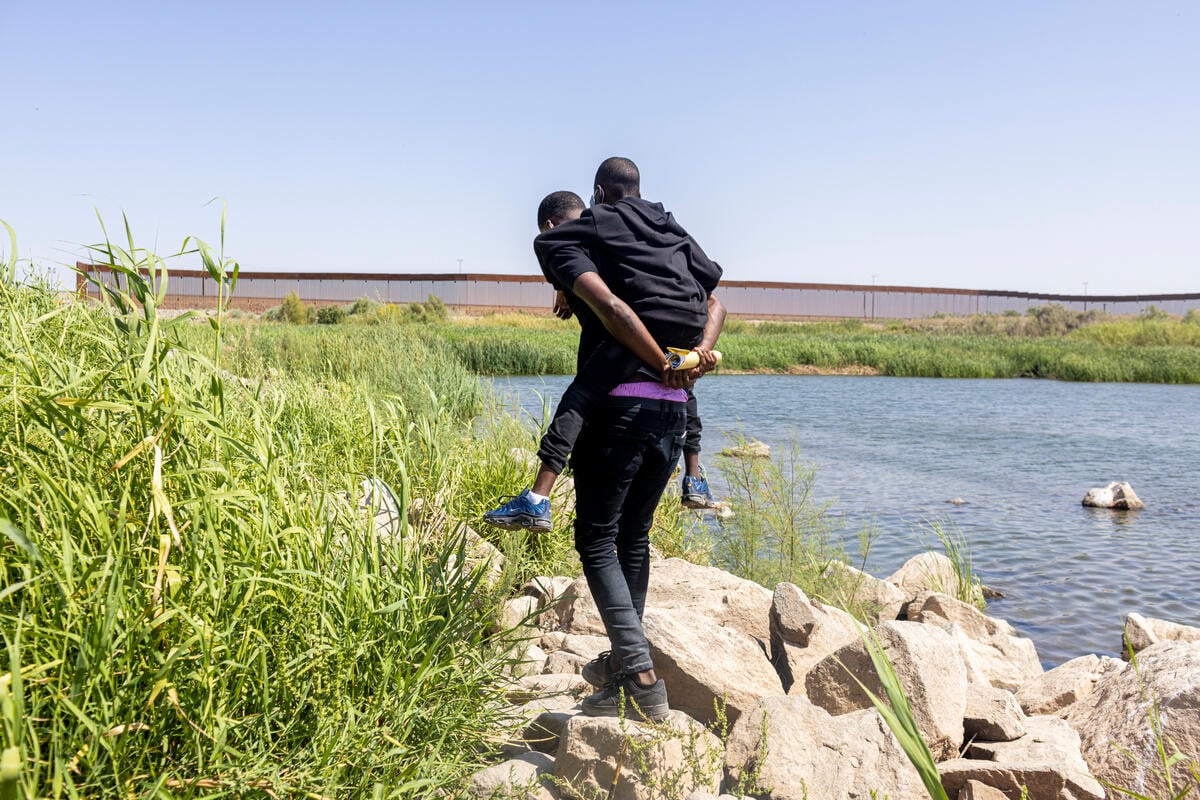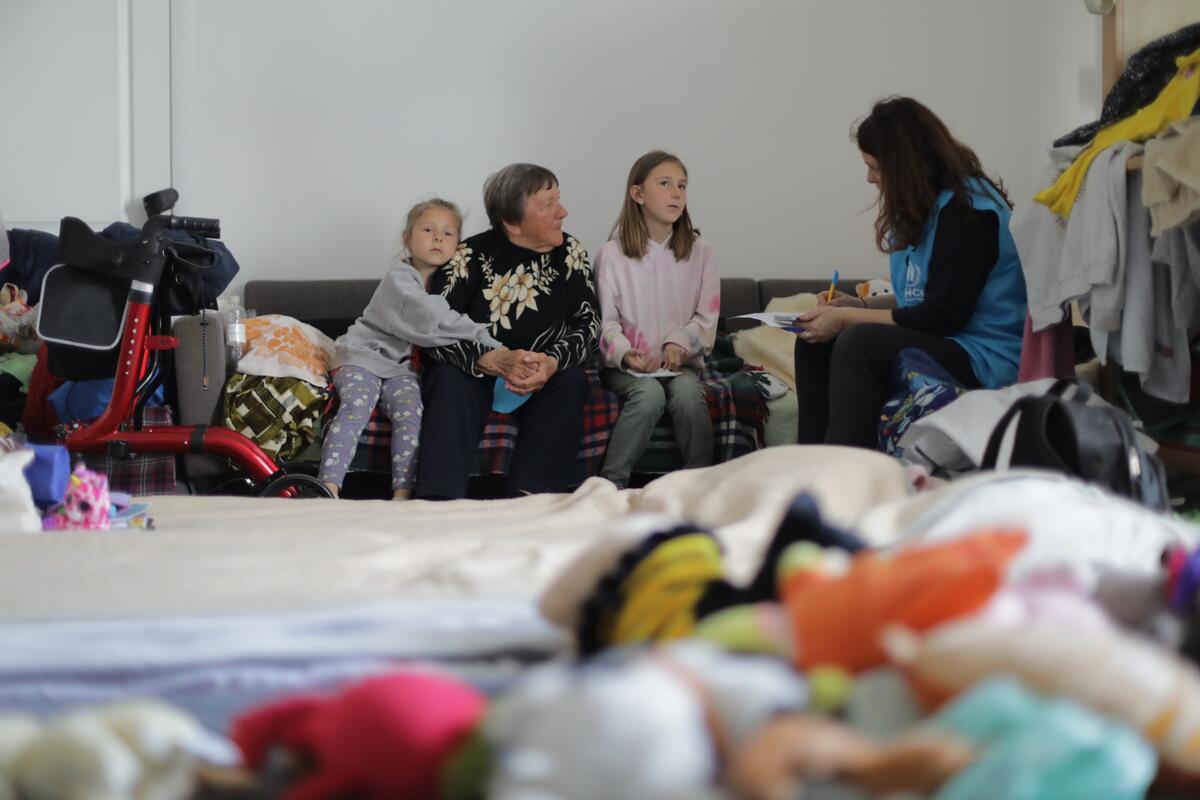One-of-a-kind network promotes refugee protection in the Caribbean
One-of-a-kind network promotes refugee protection in the Caribbean

WASHINGTON, D.C., December 27 (UNHCR) - In a notable reversal of a seasonal trend, individuals from 11 Caribbean countries recently travelled to winter-gripped Washington.
UNHCR's Honorary Liaison network in the Caribbean is the only one of its kind within the UN refugee agency. The Honorary Liaisons' visit to the US capital was organized to review operations in a region spanning 21 states and territories and to develop new strategies for protecting refugees travelling in mixed migratory flows.
The Honorary Liaisons allow UNHCR to have a presence in countries where financial realities rule out the opening of a full-time office. They are the agency's "eye and ears" in the region, according to Anna Greene, UNHCR's Senior Protection Officer for the Caribbean based in Washington. "The reality is they do far more than monitor asylum policy and refugee arrivals," Greene said. "Their role is much more complex."
Clover Graham has been an Honorary Liaison in Jamaica for nearly 10 years. Like most of those in her position she came to UNHCR with a deep commitment to upholding human rights and to assisting the vulnerable. And like all of the Honorary Liaisons, the opportunity to help others is the only reward she gets. None of them receives a salary. An attorney and university lecturer, Graham has assisted individuals fleeing from as close as neighbouring Haiti and as far away as Myanmar, formerly known as Burma.
"I know I'm making a difference in people's lives," she said. "That's particularly true when we can influence government policy with regard to asylum seekers and refugees."
Among the most common functions carried out by the Honorary Liaisons are delivering material assistance to refugees, assisting them in obtaining the proper documentation and helping them gain access to basic services such as schooling for their children.
"In many of the Caribbean states, UNHCR performs refugee status determination," said Greene. "With just three staff members in the Caribbean section we rely fully on the Honorary Liaisons to help us perform everything from visiting detention centres, registering and counselling new asylum seekers, and conducting interviews."
Rhonda Maingot runs the Living Water religious community on the island of Trinidad and Tobago. A UNHCR Honorary Liaison for many years, she has witnessed significant changes in both the origins of the refugees she has assisted and the reception they receive upon their arrival.
"It's taken a lot of work to get to this point," said Maingot. "The Government of Trinidad and Tobago is now willing to receive and protect refugees, but there are still no laws or policies in place to ensure they have access to all the refugee rights to which international law says they are entitled."
By advising UNHCR's Washington office on the diverse political and social situations in their countries, the Honorary Liaisons enable the agency to design strategies for promoting refugee protection that are appropriate to each situation, and which reflect the needs of refugees in the Caribbean islands as well as the concerns of the governments.
As with much of UNHCR's work, success in the Caribbean often occurs incrementally. During the Washington conference, the Honorary Liaison from St. Vincent and the Grenadines recounted an education programme she had organized in the local schools on the needs of refugees. Several days later a student, recognizing her on the street, enthusiastically called out, "Hey, you're the refugee lady!" In a country and region where refugees are seldom the focus of public attention, the positive response of a schoolboy was yet another step forward.
By Tim Irwin in Washington, D.C., United States




